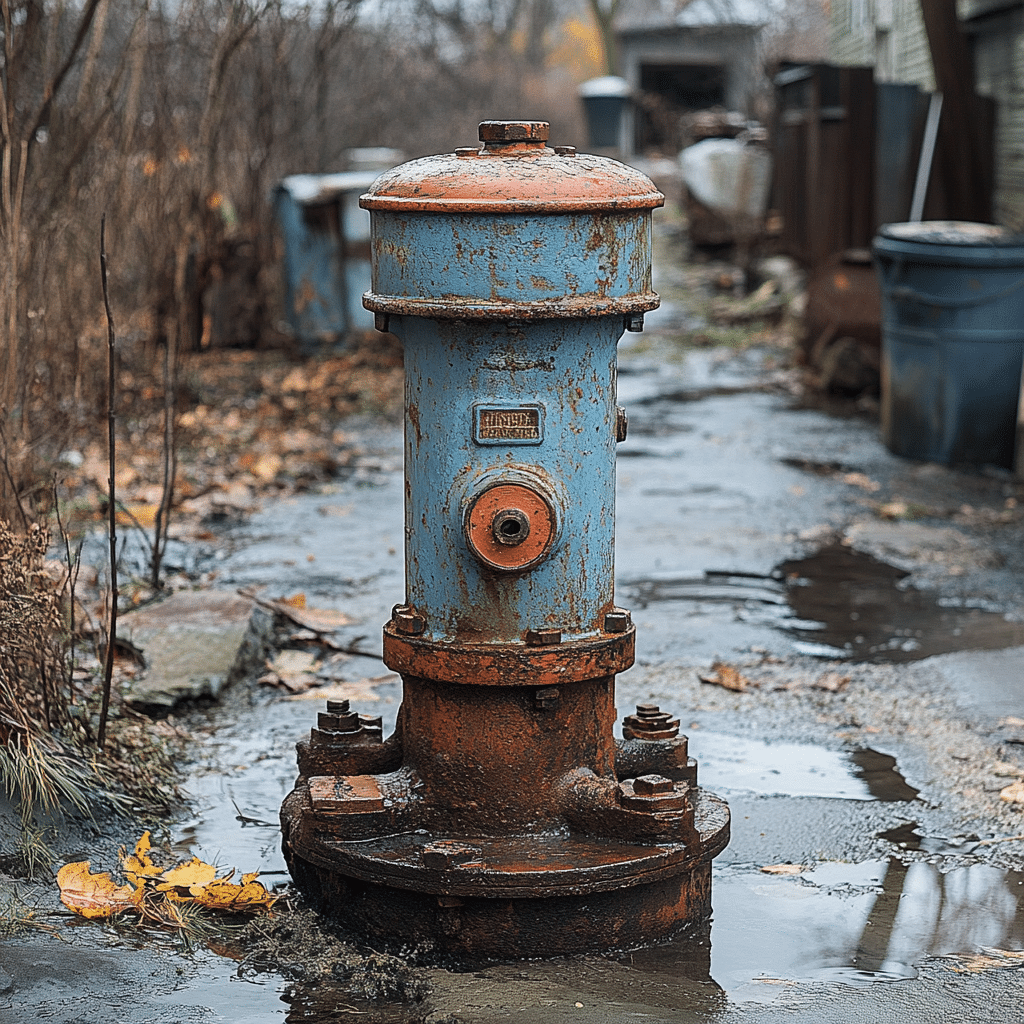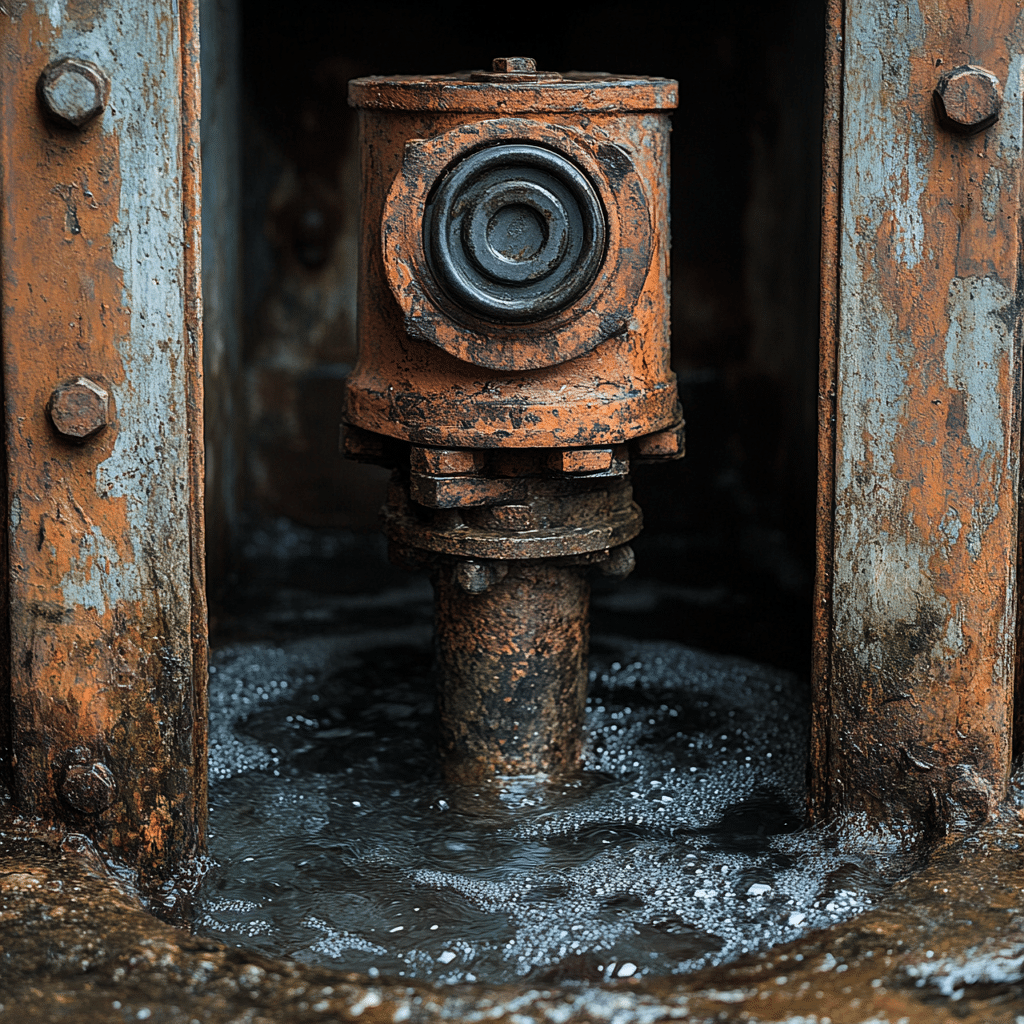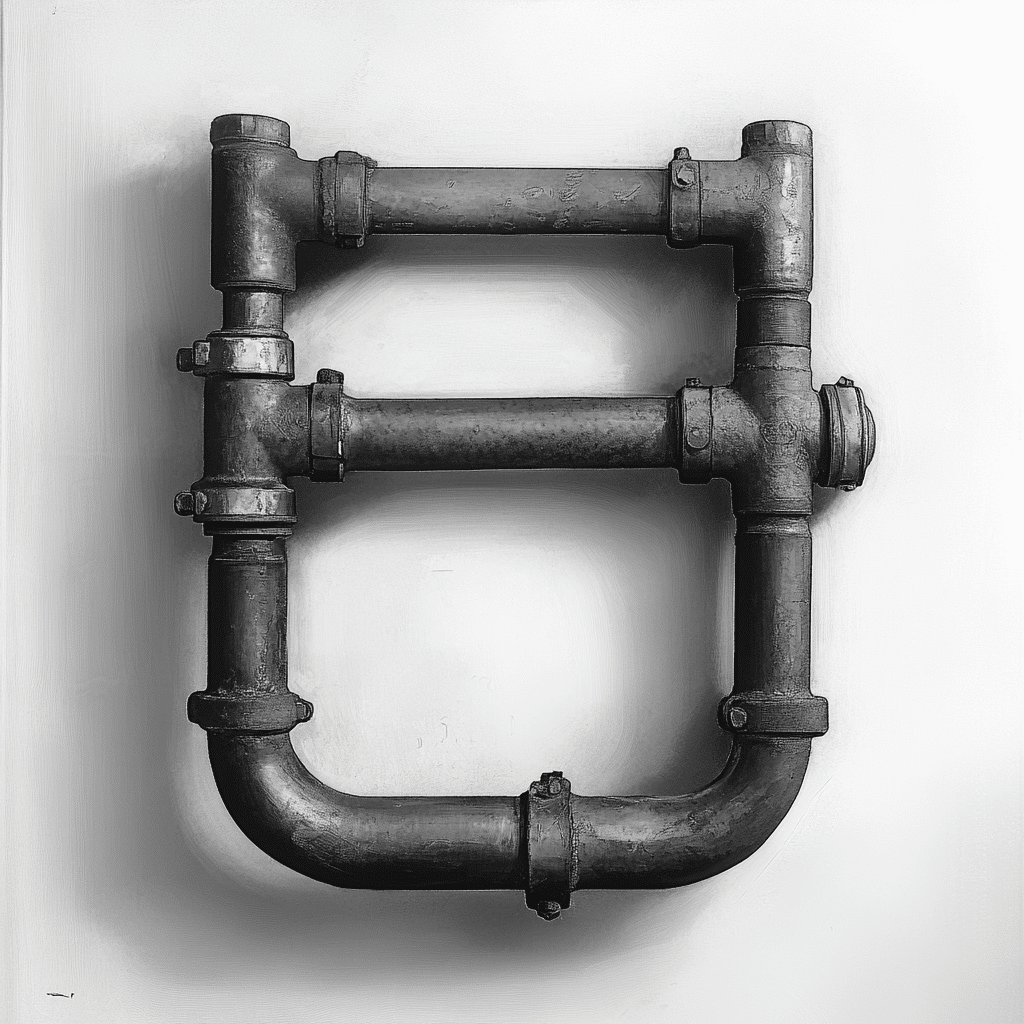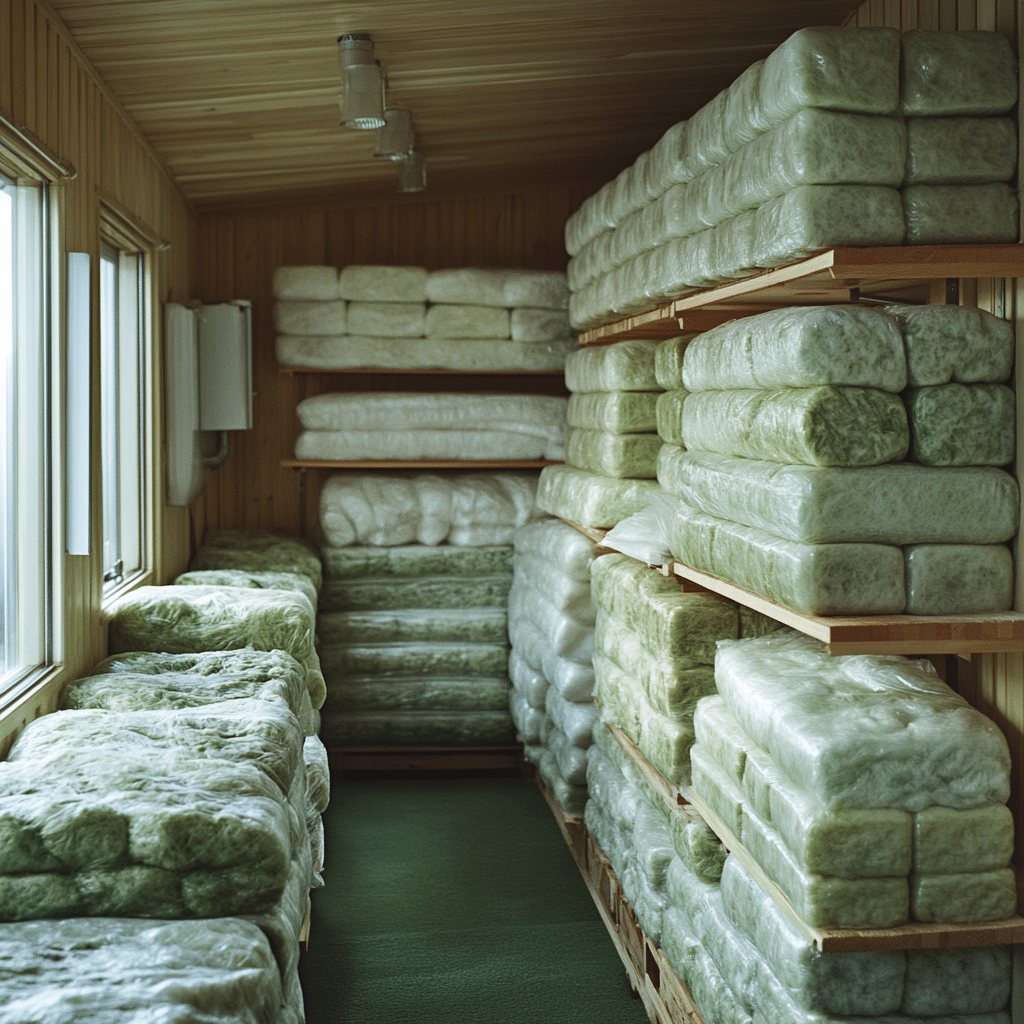Understanding the intricacies of water well pump costs can seem daunting for homeowners diving into the world of well systems. However, it’s essential to grasp the fundamentals before spending. A water well pump plays a crucial role in drawing groundwater from beneath the surface and into your home. Choosing the right water well pump isn’t just about price; it’s about knowing which kind suits your needs. Whether you opt for a submersible pump or a jet pump, weighing your options carefully can lead to better long-term value. Let’s unpack everything related to water well pump costs, including types, factors influencing expenses, and reliable maintenance methods that won’t empty your wallet.
What is a Water Well Pump and Why is it Essential?
A water well pump is a fundamental piece of technology designed to access underground water supplies. It pulls water up through a pipe, delivering it to your home’s plumbing system. In areas where municipal water isn’t an option, having a well and a reliable pump becomes essential for daily life. The two primary styles of pumps are submersible and jet pumps.
Submersible pumps are submerged underwater. They use a motor to push water to the surface, making them ideal for deep wells. Brands like Red Lion and Grundfos offer sturdy options that range from about $200 to $2,000, depending on their capability and design. On the other hand, jet pumps are located above ground and rely on suction to pull water up. These pumps are generally more affordable, costing between $100 and $1,500, with options from brands such as Red Lion being a popular choice among budget-conscious homeowners. Understanding these pump types is the first step in a homeowner’s journey to finding the right water well pump.
Choosing the right pump matters. A 1HP submersible pump, for instance, can accommodate wells up to depths of 300-400 feet, which is the common requirement for many households. So, don’t skimp on your research! Knowing the differences between pumps will save you headaches down the line. Experts like Demitri Allison emphasize this understanding, often stating that homeowners need to be educated before making significant investments.

7 Key Factors Influencing Water Well Pump Costs
When considering the purchase of a water well pump, several key factors can significantly impact overall costs:
The deeper the well, the more complex and powerful the pump needs to be. For instance, if your well is 100 feet deep, expect a higher price for a submersible pump than for a 50-foot one.
Professional installation may add $1,000 to $2,500 to your total costs. The pricing varies based on local labor rates and the complexity required for the job. Be sure to compare installation companies, possibly even reaching out to a motorcycle repair shop for any mechanical modifications necessary.
While most pumps run on electricity, solar-powered variations come with a heftier upfront cost. Still, they may offer reduced operational expenses in the long run.
Higher-end brands tend to cost more, but investing in quality pumps can provide better performance and longevity. Goulds Water Technology is a brand well-regarded in this space, justifying its price with durable designs.
It’s essential to factor in maintenance costs, which typically range from $200 to $500 annually. Keeping up with maintenance can save on expensive repairs, ensuring your well operates smoothly.
Depending on your region, obtaining permits could add to your initial costs. Some areas may necessitate specific equipment, which could push expenses higher.
Understanding these factors will lead you to better navigate the waters—pun intended—of water well pump investments.
Average Lifespan and Maintenance Considerations for Water Well Pumps
On average, homeowners can expect a water well pump to last between 8 to 15 years, but the lifespan can extend with the right care. Regular maintenance is key to achieving this longevity. Submersible pumps, in particular, benefit from regular oversight—checking for sand or dirt buildup and ensuring proper pressure settings.
Jet pumps may need replacement every 10 years, which highlights the importance of scheduled check-ups. Homeowners often overlook the simplicity of these actions. Just like tuning up a car, proper maintenance pays off in the long haul.
Daily vigilance can save you lots in repairs. Keep an eye on your pump’s electrical components and functionality. In some cases, employing modern technology, like drones for well inspections, can help monitor your system’s health without extra hassle or cost.

Real-Life Costs Experienced by Homeowners
Homeowners from coast to coast have reported diverse experiences and costs regarding their water well pumps. One Texas homeowner boasted about spending $3,500 for a complete water well pump system, which included a high-capacity submersible pump and installation. Meanwhile, a family in Ohio shared their more modest expenditure of $1,200 for a budget-friendly jet pump.
These differences emphasize how regional variables and personal choices can significantly swing pricing. No matter where you are, understanding your local market can help you find the best value.
For a clearer picture, consider average installation projects fall between $975 and $2,575, with varying depths and materials contributing to those totals. Potential customizations may also arise, such as acquiring a high-end constant-pressure well pump, which could push you upwards of $5,000 for top-notch performance.
Innovative Solutions for Cost-Effective Water Well Pump Management
In today’s tech-driven world, smart approaches are surfacing to help homeowners save on water well management costs. For example, some innovative pumps come with automated functionalities, potentially lowering your energy bills while providing real-time monitoring.
Moreover, technology advancements have paved the way for using drones. These little flying wonders can assess wells accurately, cutting down maintenance costs by delivering precise evaluations without the hefty price tag of manual checks.
For homeowners contemplating the installation or upgrade of a water well pump, evaluating the insights mentioned can lead you toward the right pump suited for your budget. With thoughtful planning, it’s possible to ensure a reliable and efficient water supply without blowing your budget. As they say, it pays to keep your eyes peeled!
In conclusion, the road to selecting the perfect water well pump can be complex, yet immensely rewarding. With the right knowledge and tools, you can make informed decisions that keep your home flowing with fresh water for years to come—all while staying smart about costs.
The Intriguing World of Water Well Pumps
Curious Facts About Water Well Pumps
Did you know that not all water well pumps have the same power? Submersible pumps, for instance, are designed to push water up from deep underground, making them ideal for wells that are more than 25 feet deep. In contrast, jet pumps are great for shallower wells, typically less than 25 feet deep. Speaking of depths, can you imagine the lengths one would go to for clean water? Costa Rica, with its spectacular landscapes and stunning Costa Rica Airports,( offers a fascinating backdrop where sustainable water supplies are vital for eco-tourists and locals alike.
Water well pumps can vary significantly in price, ranging from a couple of hundred dollars to over a thousand, depending on the type and technology used. For those who enjoy a little gaming downtime in between research, there are Unblocked Games 77( to take a breather! But on to the serious bits—investing in a good pump is essential, as a low-quality option can lead to more repair costs down the line.
Pump Types and Their Costs
Ever wonder why some homeowners opt for a solar-powered water well pump? These innovative systems may require a higher upfront cost but can save you a whole lot in electricity bills over time. Plus, they’re eco-friendly! This is particularly appealing to fans of sustainability like those who adore the world of Being Mary jane,( which sometimes highlights environmental consciousness within its storytelling.
Additionally, when it comes to installation, remember that labor costs can change based on your location and the complexity of the job. Regions where temperatures fluctuate, like certain parts of the U.S., might require extra planning and support. Speaking of transition, if you’re a movie buff, check out the Home Alone 3 Kevin Mccallister trailer( for some nostalgic laughs! Just like Kevin’s antics required careful planning, so too does installing your water well pump. Getting the right professional team on board is crucial to avoid those last-minute mishaps.
Maintenance and Lifespan: What to Consider
Regular maintenance can extend the life of your water well pump significantly. If neglected, you might find yourself in an unfortunate situation, lacking an essential resource—much like the uncertainty felt by fans awaiting new episodes of Xavier Wednesday.(.) Ensuring your pump is checked regularly may save you from costly surprises. Furthermore, knowing how to convert measurements, like from 180 Lbs To kg,(,) can come in handy if you need to weigh your pump or any associated materials!
In summary, understanding the intricacies of water well pumps not only saves money but ensures you’ll always have access to your home’s lifeline—water! And who knows, maybe this newfound knowledge will inspire you to dive into more fascinating subjects, just like the fans of Saga Tanya The Evil( enjoyed exploring a unique storyline. Keep these fun facts in mind, and you’ll be well-equipped to handle anything water well-related that comes your way!

How much does a well water pump cost?
Most well pump replacement projects usually range from $975 to $2,575, but costs can go up depending on various factors. If you’re looking for a basic hand pump, you might find options starting at around $200, while high-end models can run you about $5,000.
How can I tell if my well pump is bad?
Signs that your well pump might be bad include low water pressure, strange noises from the pump, or water that’s discolored or has a bad taste. If you’re noticing these issues, it might be time to have it checked out.
What size pump do I need for a well?
For an average home with three or four bedrooms, you’ll typically need a well pump that can deliver between 8 to 12 gallons per minute (GPM). It’s important to choose the right size to ensure you have enough water for your needs.
What is the average life of a water well pump?
Well pumps generally last between 8 to 15 years, though some can last longer with proper maintenance. The lifespan may vary based on the type of pump and how much it’s used.
Does homeowners insurance cover well pumps?
Homeowners insurance often doesn’t cover well pumps unless you have specific endorsements. It’s a good idea to review your policy or talk to your insurance agent to know for sure.
Can I replace my well pump myself?
Replacing a well pump yourself is possible, but it can be a challenging job that requires knowledge of plumbing and electrical systems. If you’re not confident in your skills, it’s often best to hire a pro.
How long does it take to replace a water pump in a well?
Typically, replacing a water pump in a well can take anywhere from a few hours to a full day, depending on the complexity of the job and whether any additional issues pop up during the process.
What burns out a well pump?
A well pump can burn out due to various reasons like running dry, overheating, or frequent cycling on and off. Taking care of your pump can help prevent this from happening.
How often should a well pump be serviced?
It’s generally recommended to service your well pump every few years, but more frequent checks may be needed if you notice any irregularities or issues with water pressure or quality.
Will a higher HP well pump increase water pressure?
A higher horsepower (HP) well pump can increase water pressure, but it also depends on the size of your plumbing system and the water demand in your home.
What is the difference between 1 hp and 1.5 hp well pump?
The main difference between a 1 HP and a 1.5 HP well pump is the power output; a 1.5 HP pump can move more water, which is beneficial for larger homes or higher demands.
How do I know if I need a deep or shallow well pump?
To determine if you need a deep or shallow well pump, you should check the depth of your well. If it’s deeper than 25 feet, you’ll likely need a submersible pump; if it’s shallower, a jet pump may suffice.
How much does it cost to replace a well water pump?
As mentioned earlier, well pump replacement usually costs between $975 and $2,575, but it can vary depending on the specifics of the job and the type of pump chosen.
How often should I flush my well pressure tank?
Flushing your well pressure tank helps remove sediment and maintain water quality; it’s wise to do this every year or so, but you might need to do it more often if you notice any changes in water taste or clarity.
Do water pumps need servicing?
Water pumps do need servicing to ensure they operate efficiently and last longer. Regular maintenance can catch potential problems before they become major issues.
Is it expensive to fix a well pump?
Fixing a well pump can range in cost, but it typically varies depending on the nature of the problem. Some repairs can be minor and inexpensive, while others might get pricey.
How long does it take to replace a water pump in a well?
Replacing a water pump usually takes several hours to a day, so plan accordingly if you’re going to tackle it or schedule a professional.
What is the labor cost to replace a water pump?
Labor costs to replace a water pump can vary significantly based on location and the complexity of the job, but you might expect to pay anywhere from $50 to $150 per hour for professional help.
How much does it cost to run a well pump monthly?
Running a well pump usually costs around to a month, but this can differ based on how often the pump runs and electricity rates in your area.





















